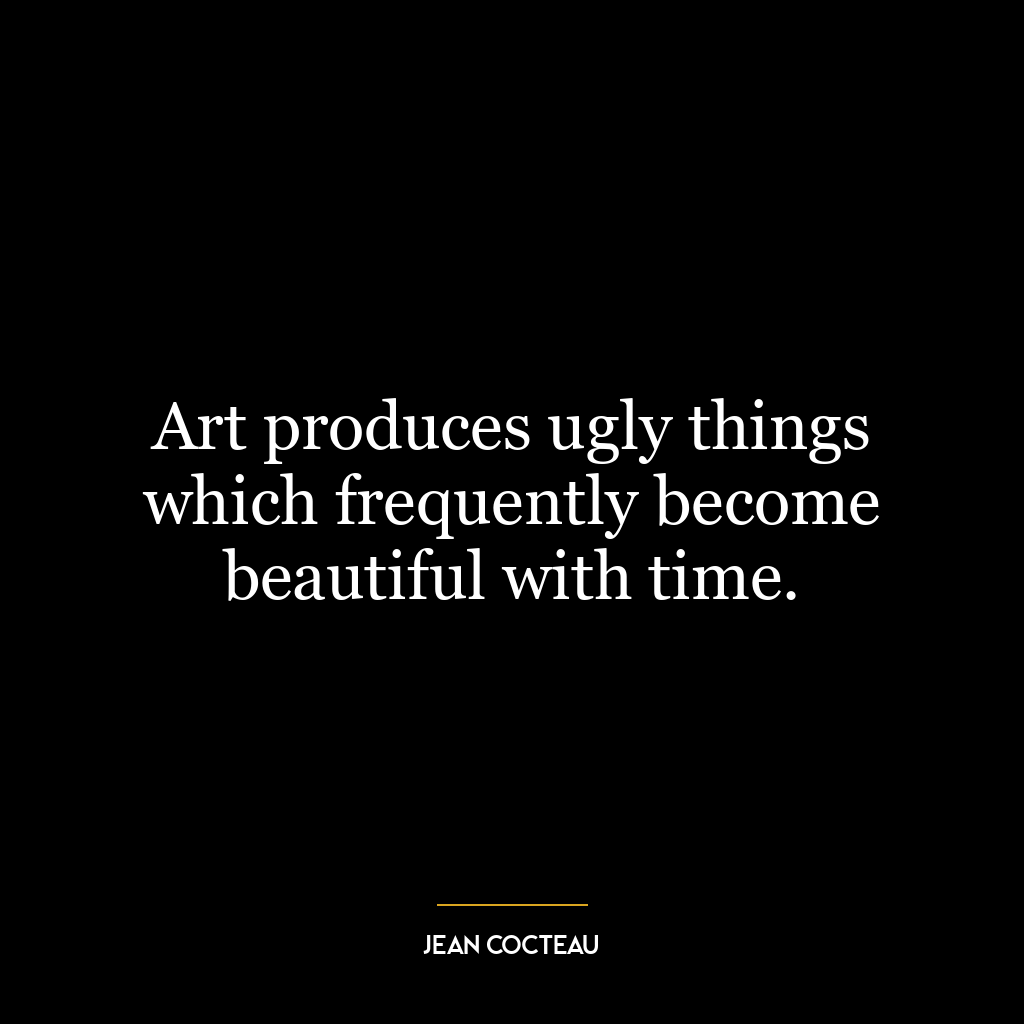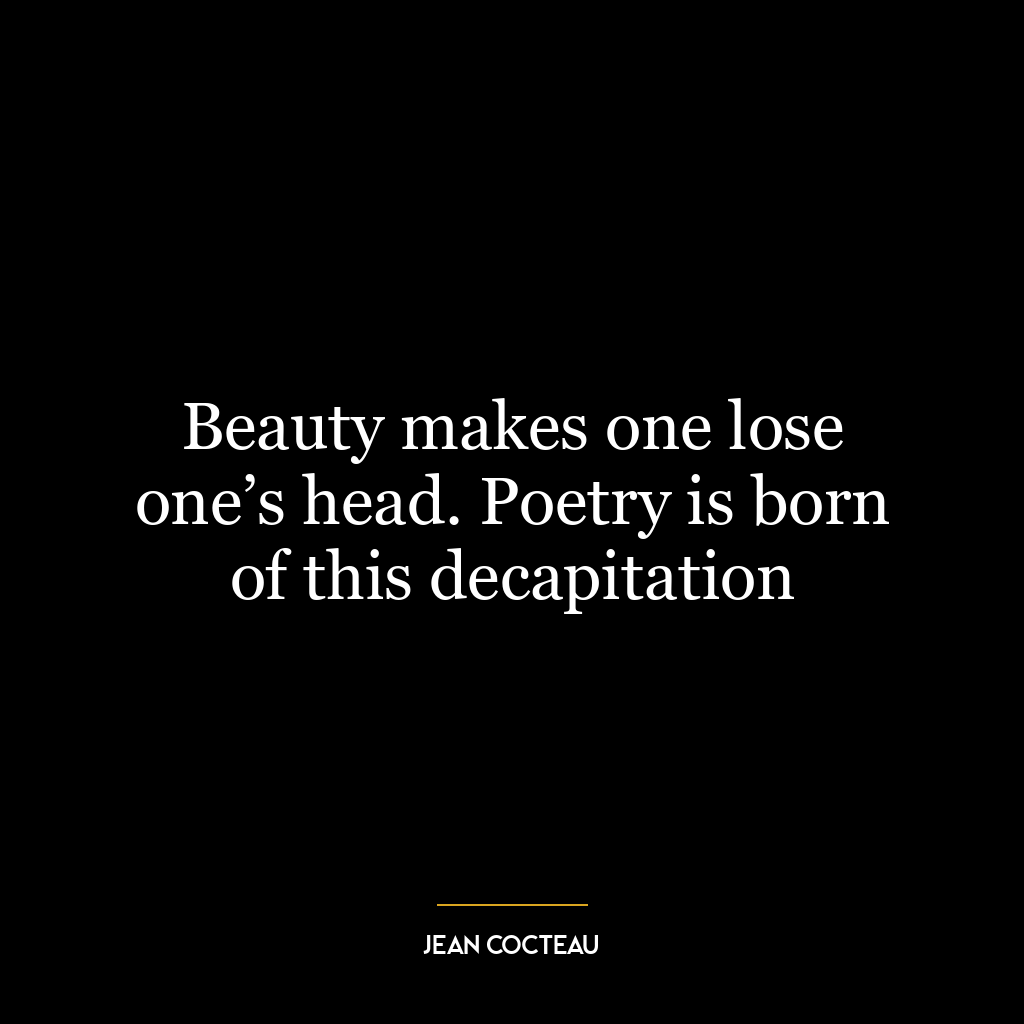The quote, ”It is better to be a young June-bug than an old bird of paradise,” is a metaphorical statement that celebrates youth and potential over age and past accomplishments. A June-bug, while not particularly impressive in its own right, is young and has its entire life ahead of it. On the other hand, a bird of paradise, while beautiful and revered, is old and has already lived most of its life. The quote thus suggests that it is better to be at the beginning of one’s journey, full of potential and opportunities yet to be explored, than at the end of it, no matter how glorious or accomplished that end might be.
In the context of today’s fast-paced, ever-evolving world, this quote is particularly relevant. In an age where new technologies and ideas are constantly emerging, being young—or at least, maintaining a youthful, open mindset—can be a significant advantage. It allows one to adapt, learn, and grow with the changes, rather than clinging to old, potentially outdated accomplishments.
In terms of personal development, this quote encourages us to value growth and potential over past achievements. It reminds us that it’s okay to be a “work in progress,” and that there’s a certain excitement and beauty in being on the journey, in the process of becoming. It suggests that we should not rest on our laurels, but always seek to learn, grow, and experience new things. After all, life is not just about the destination—it’s about the journey.








